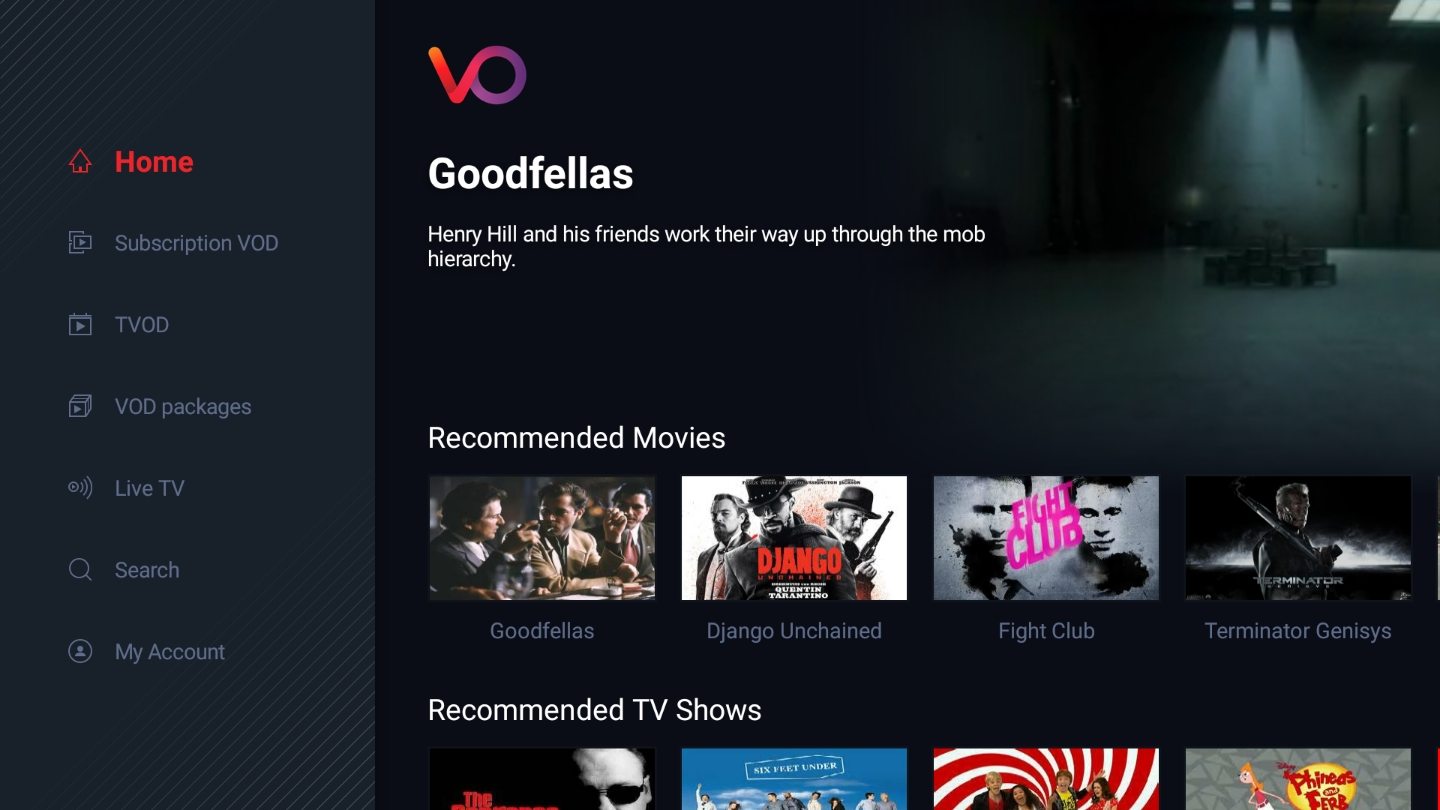
Viaccess-Orca (VO) has partnered with RedSo, a leading Asian mobile app development company, on an end-to-end OTT solution for pay-TV operators and service providers. Integration between RedSo's Android-based user interface (UI) and VO's TV platform provides operators with a readymade solution for managing and delivering OTT services.
"The demand for OTT content on Android STBs is booming in Asia and will continue to do so for the foreseeable future," said Rem Suen, director at RedSo. "To help companies respond to these rapid changes, we began providing public and private blockchain application development and consultation services, and we look forward to bringing that same blockchain technology to the OTT environment. Partnering with VO, we have created a scalable and reliable OTT solution that will change the way operators distribute content to Android STBs."
Through RedSo's UI, operators can support a wide range of advanced functionalities, including 4K content, and deliver a consistent user experience across low-end and premium Android STBs. The UI has been integrated with VO's TV platform to streamline the delivery of TV services to Android STBs. Using VO's TV platform, which can be deployed on-premise or in the cloud, operators can easily manage, deliver, and monetise multiscreen content. The TV platform includes functionalities for content, service delivery, customer, and device management; content discovery and personalisation; content protection; and advanced TV analytics.
"OTT is not just a trend, it's a phenomenon that has opened up new revenue opportunities for operators," said Chem Assayag, executive vice president of marketing and sales at Viaccess-Orca. "The challenge is managing the OTT delivery process and ensuring a superior user experience. By collaborating with RedSo, we make OTT delivery faster, easier and more cost-effective for Asian operators. RedSo's expertise in UI design and OTT multiscreen apps, combined with our solid experience in TV platforms, enables operators to better focus on personalizing the television experience and monetisation."